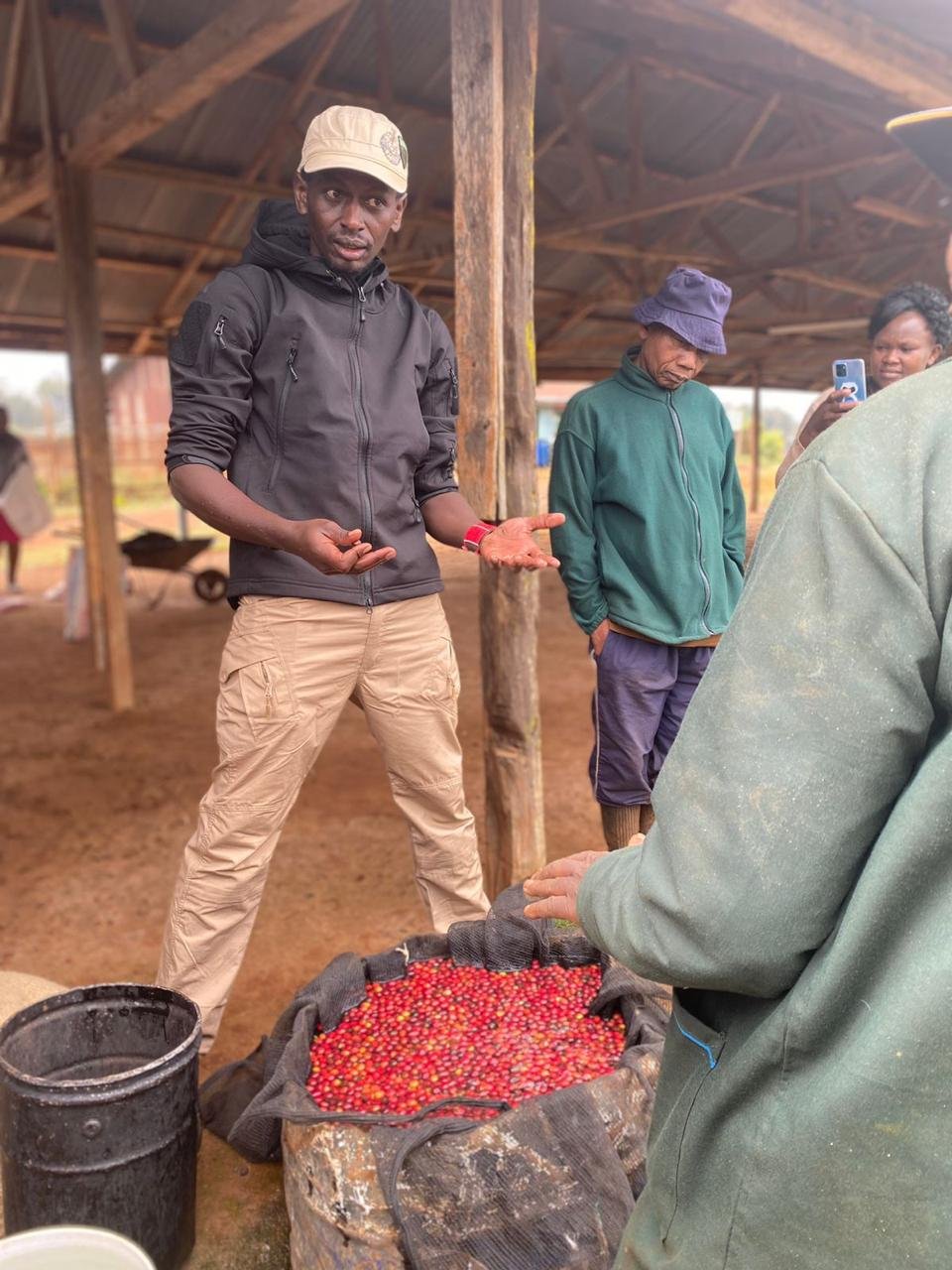Kitsune - Kenya Thunguri
Kitsune - Kenya Thunguri
Couldn't load pickup availability
Share
Shipping & Fulfillment
Shipping & Fulfillment
Orders are typically shipped out within 3 business days of placement. We use USPS and UPS to deliver orders. You will be receiving an email with tracking info once your order has shipped.








- Harvest: 2024
- Producer: Thunguri Washing Station
- Active Members: 1,100 People
- Region: Kirinyaga County, Nyeri
- Altitude: 1600 - 1800 MASL
- Variety: SL-28, SL-34, Riuru 11
- Grade: NH (Natural Heavy)
- Harvest Method: Manually Picked
- Process: 72 Hour Anaerobic Natural
- Drying Time: Sun Dried on Raised Beds For 26 Days
PROCESSING
The cherries are weighed following picking, and then floated to select the cherries of the absolute heaviest density, also hence the grade NH (Natural Heavy). Awesome fact, a total of 20,590 kilograms worth of coffee cherries were purchased and collected to make this anaerobic lot. Roughly equivalent to 45,400 lbs worth of coffee cherries. After cherry selection is completed, the initial fermentation starts in airtight hermetically sealed drums for 72 hours. Each drum is loaded with 100kg (220 lbs) worth of whole coffee cherry and equipped with an exit breather hose that is immersed in a pure ethanol bath to ensure that no oxygen is able to reach the fermenting cherries. Following the initial fermentation phase for 72 hours in the fermentation drums, the cherries are immediately spread thinly on raised drying beds for a duration of 4 days and then rearranged to be heaped at 1 inch on the raised beds and dried for an additional 20 - 26 days. The cherries are turned routinely through out the day to assure calibrated maturation and exposure during the drying phase. Following hulling (removal of any remanent dried cherry mucilage) the coffee is then shipped down to the dry mill to get the coffees ready for export. The coffee undergoes a series of iterations: manual hand sorting, gravity density sorting and most importantly, numerous passes through an optical color sorter to assure that the coffee is of the absolute highest degree of pristine quality.
THUNGURI WET MILL
The Thunguri Wet Mill is located in Kirinyaga County in Kenya’s Central Province, just at the border of Nyeri County. It was established in 1962 and accounts for 8 acres of nutrient rich land located at 1,800 meters above sea level in the foothills of Mount Kenya and Aberdare range. Thunguri receives cherry from 1,100 + producers who farm cherry around the surrounding areas of Kirinyaga County.
The area experiences a biannual production cycle, meaning Thunguri experiences early harvest or better known as the “fly crop” from April - June and another production cycle “main harvest” in October - late December. The main varieties of coffee grown in the areas are SL-28, SL-34, K7 and Ruiru 11, with both SL-28 & 34, accounting for 99% of all coffees produced, while Ruiru 11 accounts to 1 % of all production.
Thunguri adheres to strict quality driven practices at their wet mill to ensure the very best coffee is produced. All the coffee is hand-picked and delivered on the same day to the mill, where it undergoes meticulous sorting. This is done by hand and overseen by the ‘cherry clerk’ who ensures any unripe and damaged cherries are removed. The heaviest and ripest cherries are then weighed and logged in correlation to the producer’s name and coffee weight.
The coffee is then placed in a large tank of water, and any floaters are removed (immature cherries are lighter and therefore float, making them easy to remove). The remaining coffee cherries are then selected to account for the days outturn.
Wastewater from the processing is managed through the use of soaking pits. The water used for processing the cherry will spend time in the pits to ensure that the nutrient-rich water created during de-pulping will not be returned to the nearby water source without proper treatment. This additional step will cut down the risk of contamination: after adequate time for reabsorption the water will be recirculated.








